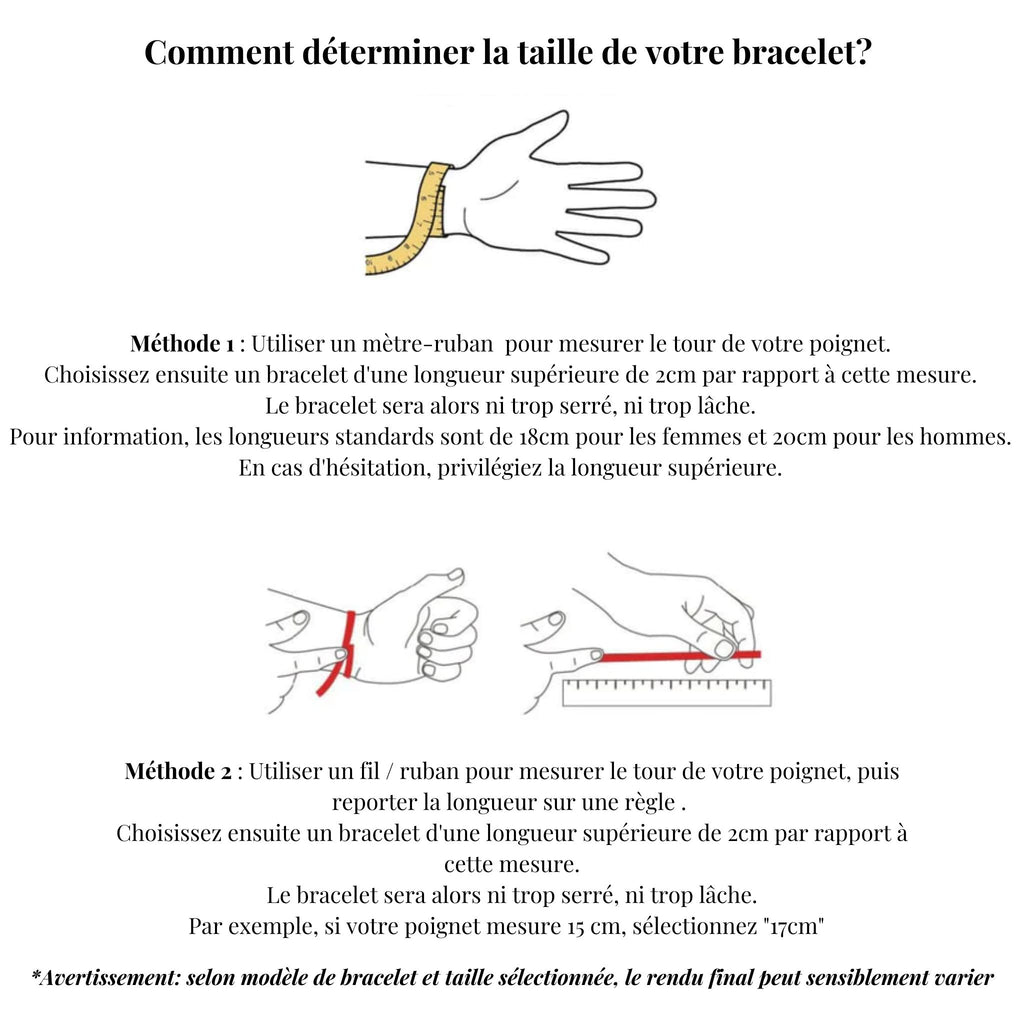Diseases of the Respiratory System
Are you looking for a stone to help you with a health problem? You are in the right place. For an alphabetical search of all pathologies: All pathologies
To search for Diseases of the Respiratory System , use the summary below:
Allergies | Bronchitis | Asthma | Hay fever (rhinitis) | Cold | Sinusitis | Sore throat | Tobacco cessation | Tinnitus | Ménière's disease | Tonsils | Hearing problems | Smell problem | Ear problems | Respiratory problems | Emphysema | Snoring | Cough |
Allergies
What are the symptoms of respiratory allergies? First you have a scratchy throat, then a runny nose and watery eyes. This corresponds to the body's first immune response. It is when allergens reach the lungs that breathing difficulties appear.
Bronchitis
Bronchitis is an inflammation of the bronchi, most often of viral origin. The cough, initially dry, is then accompanied by sputum and then disappears in 2 to 3 weeks. Bronchitis progresses spontaneously towards recovery in children and adults without health problems.
Asthma
Asthma is a chronic disease of the bronchi, the first manifestations of which most often occur in children. Inflammation is responsible for various phenomena in the respiratory tract (edema, contraction of bronchial muscles, secretion of mucus) which cause bronchial obstruction.
Hay fever (rhinitis)
Seasonal rhinitis, also called hay fever, is an allergic reaction caused by exposure to pollen. In Quebec, 1 in 5 people suffer from seasonal rhinitis, which is mainly caused by ragweed pollen.
Common cold
Rhinopharyngitis (or nasopharyngitis, commonly called the common cold) is a frequent and generally benign infection of the upper airways (nasal cavity and pharynx) by a virus, mainly picornaviridae (including rhinoviruses), adenoviruses or coronaviruses.
Sinusitis
Sinusitis is inflammation of the facial sinuses caused by a virus or bacteria. The infection most often affects the two maxillary sinuses following nasopharyngitis and much more rarely the frontal, ethmoid and sphenoid sinuses.
Sore throat
Sore throat is a common symptom, most often due to a viral infection and more rarely bacterial. Other causes can explain the irritation that causes pain: allergy, pollution, smoking, acid reflux from gastric fluid, etc.
Tobacco withdrawal
Stopping smoking can lead to many functional signs. “There may be fatigue, cough, constipation, a feeling of hunger, weight gain, irritability, an urge to smoke…”
Tinnitus
Tinnitus is noise that you hear in one (or both) ears or in your head without it being emitted by an external source. These symptoms are often linked to acoustic trauma or aging of the ear.
Ménière's disease
Ménière's disease is characterized by attacks of vertigo accompanied by progressive loss of hearing in one ear, as well as tinnitus (ringing in the affected ear). Dizziness comes on suddenly and is accompanied by nausea and vomiting.
Tonsils
The tonsils are located in the ENT sphere. They play an important role in the body's defense against external agents, such as viruses and bacteria, by producing antibodies to fight against their proliferation.
Hearing problems
Hearing loss is a significant disability, for both children and adults. It affects quality of life, communication, perception, but also learning. Hearing loss can affect one or both ears.
Smell problem
Individuals with anosmia suffer from a loss or severe decrease in sense of smell. They are no longer able to distinguish the smells of what they hold to their noses, but also of the foods they eat. Anosmia is generally associated with partial or total loss of taste (called ageusia).
Ear problems
There are three types of ear infections: otitis externa, otitis interna and acute otitis media. They can be triggered by angina or nasopharyngitis or can appear alone. This ear disease is fairly easy to treat, but poorly treated ear infections can lead to complications.
Breathing problems
The main symptom of a respiratory problem is difficult, labored breathing, shortness of breath during exercise and/or at rest. Breathing difficulty also causes chest pain. Cough is frequent, accompanied or not by sputum. Breathing may be wheezing.
Emphysema
Emphysema is the long-term complication of chronic obstructive pulmonary disease (COPD). It is a progressive disease which is characterized by the progressive destruction of the pulmonary alveoli, small spaces located at the end of the bronchioles allowing the absorption of oxygen.
Snoring
Snoring occurs when the muscles of the back of the throat, soft palate, uvula and tongue relax during deep sleep. These organs take up more space and obstruct the airways.
Cough
Coughing is a natural defense reflex to expel mucus or irritating agents from the respiratory tract. It can be acute, chronic, dry or oily. It is most often due to a viral infection but can be caused by other illnesses: gastroesophageal reflux, asthma, allergies, etc.
Caution
Lithotherapy should in no case be a substitute for prescribed medical treatment. It should only act to reinforce this treatment. Medical diagnosis is essential and any ongoing treatment must be continued.







































